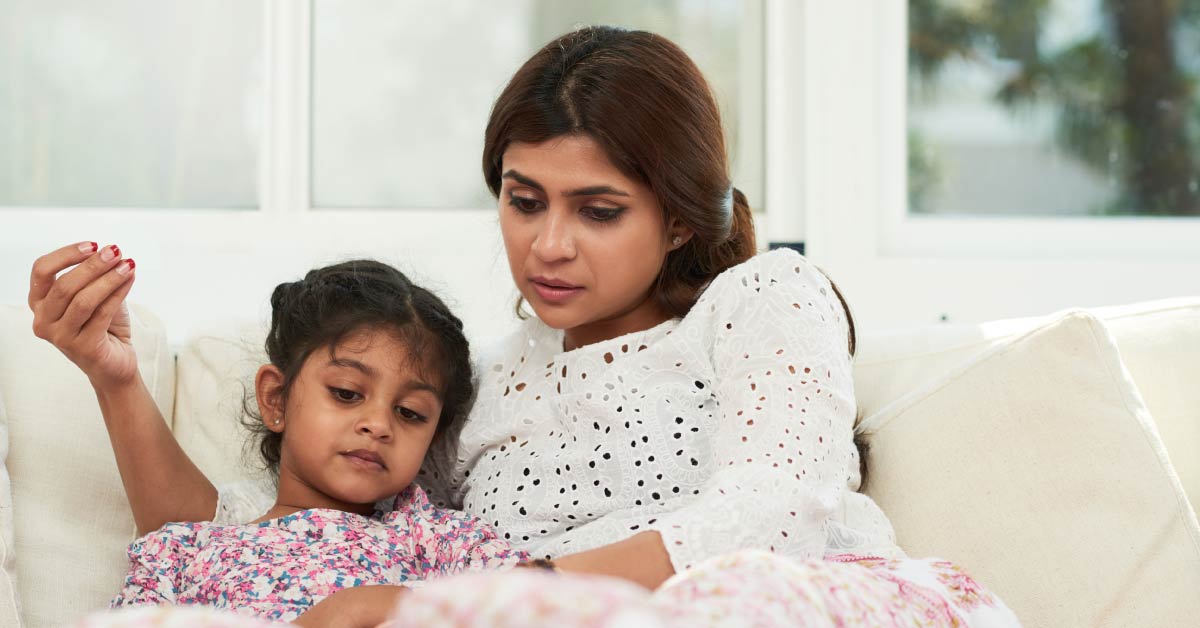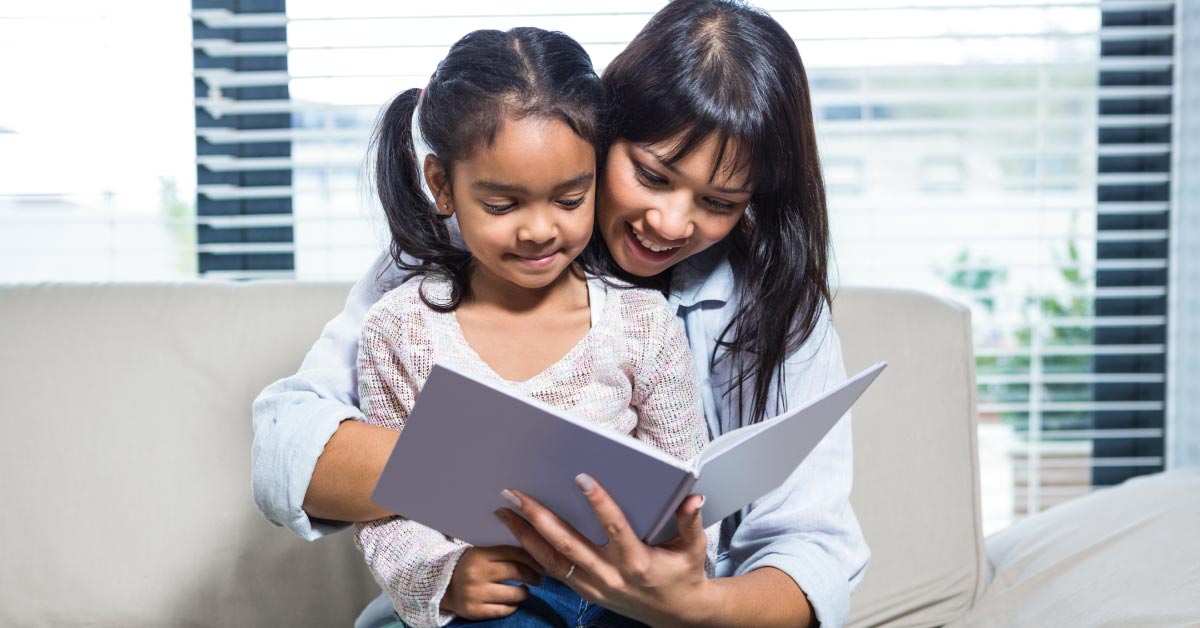
Author:
Dr.VASUDHA N.R, Associate Consultant – Paediatric Oncology
A diagnosis of childhood cancer is indeed a dreaded nightmare, and not just for the child but for the entire family. To be faced with this surreal reality and to put a brave front for the little one is a challenge faced by many parents and caregivers. A positive aspect of childhood cancer is that a large number of childhood cancers can be cured. However, the journey through diagnosis, treatment and survivorship can be difficult for most families.
Parents often find themselves coping with a new routine comprising of frequent hospital visits, medical jargons, procedures, investigations and are frequently not very well equipped to handle these. The result is a chronic burnout that not just affects the quality of life of the parent, but also has a significant impact on the child in question and his/her siblings. Several studies report that parents who are better equipped with information are able to cope better, and this, in turn, results in their children coping better during treatment.
These blogs are a humble attempt to create awareness for parents and caregivers who are battling this difficult disease with their precious child. In this first chapter, I would like to discuss one of the most important but most underrated parts of the journey, i.e. “Communicating with your child.”
It is not surprising that parents, especially mothers, know their children the best. Parents understand what makes their child happy, what makes them scared and what makes them sad. Your child depends on you for accurate and truthful information. A diagnosis of cancer uproots normalcy in a child’s life, and during this time, parents can work with the doctor as their strongest allies. This act will also foster trust between the child and the health care team.
Being protective of your child does not necessarily mean not disclosing the right information. On the contrary, children who are not told what is happening or why are often fearful and may imagine the worst. Communication helps children to cope with the treatment and painful procedures. It promotes a sense of calmness and control over the situation, which is particularly important in adolescents and teenagers. More importantly, the right communication assures them that they are loved, supported, and surrounded by people who care about them.
Few tips for communicating clearly with your child:
- Talk calmly and directly with your child during this frightening time.
- Honesty builds trust. Tell your child about the illness and what to expect. This should be based on their age and in a way they understand.
- Work together with people on your child’s health care team- Psycho-Oncologists, Oncologists, Nutritionists, and Nurses- they always have small tips that can help you for day to day issues
- Cater your communication to the age of your child.
-Very young children (1-3 years old):
Being away from their parents is the one thing that toddlers fear the most. Try being around your child and engage them in safe and active play.
-3-5 Years:
To help your child understand his treatment better, with permission from the medical team ask if he/she can touch the models, machines, or supplies (tubes, bandages, or ports) ahead of time.
- If a test or treatment may hurt, prepare your child in advance.
- Distract your child by reading a story or giving a favourite toy.
-6-12 years old:
School-aged children understand a lot of things and often have many questions
- Explain to them that medications will help them feel better
- Talk with your child’s doctor or nurse for answers to difficult questions or situations.
- Most importantly ‘help’ your child to stay in touch with friends and family
-Teenagers:
- Friendships are very important at this age, so look for ways to help your teen stay connected to friends through texting, e-mails, online video chats, letters, pictures, and visits.
- Give your teen some of the space and freedom he/she had before treatment and encourage independence.
- Make sure your teen is included in treatment planning and other choices.
- Sometimes it may be easier for your teen to confide in a friend or a member of the healthcare team than in you, so encourage the same.


